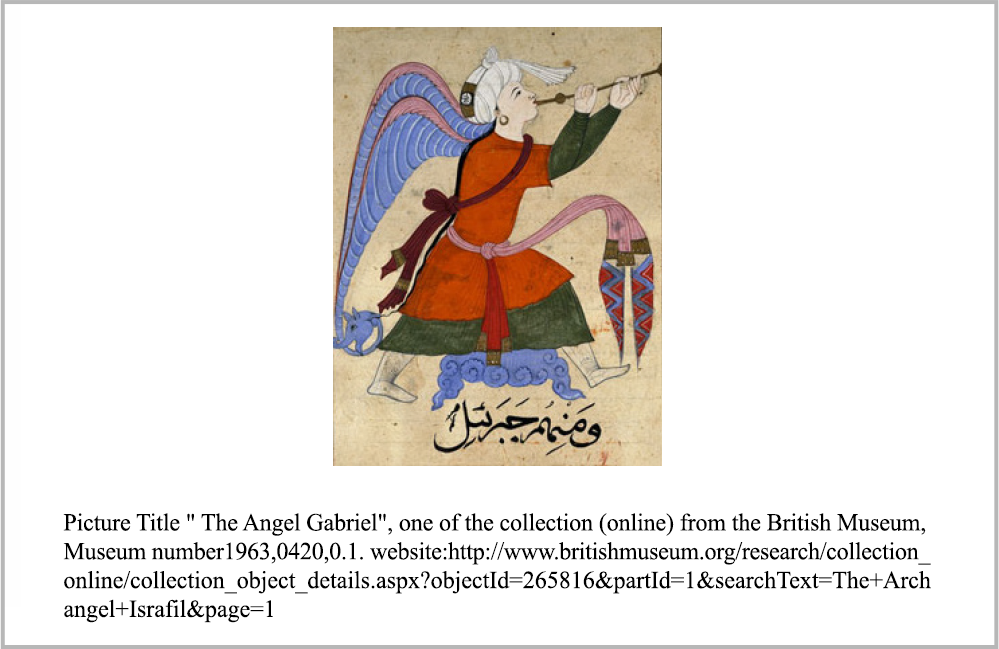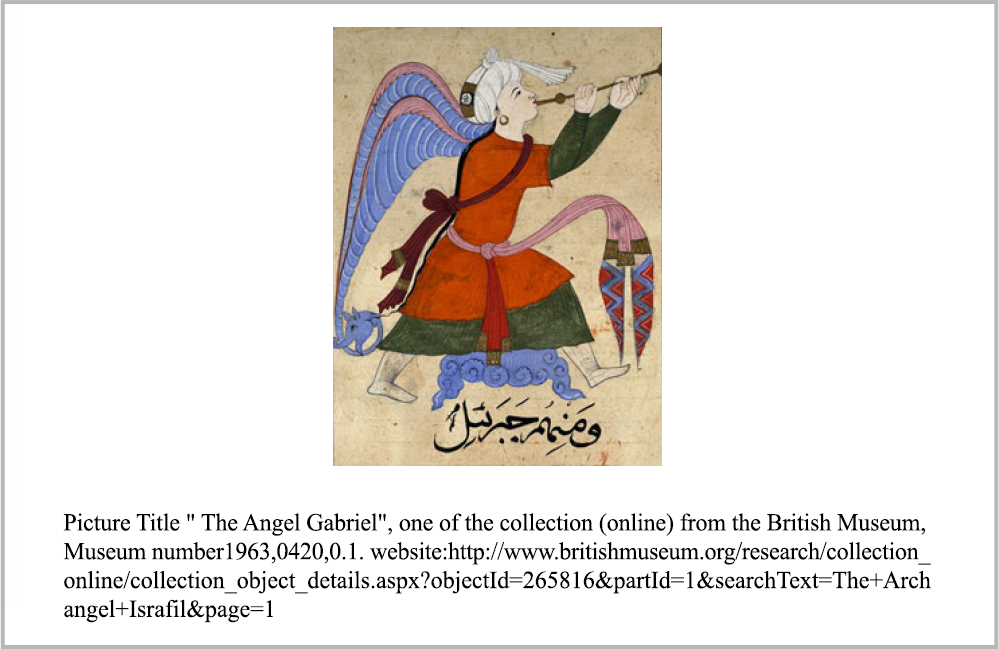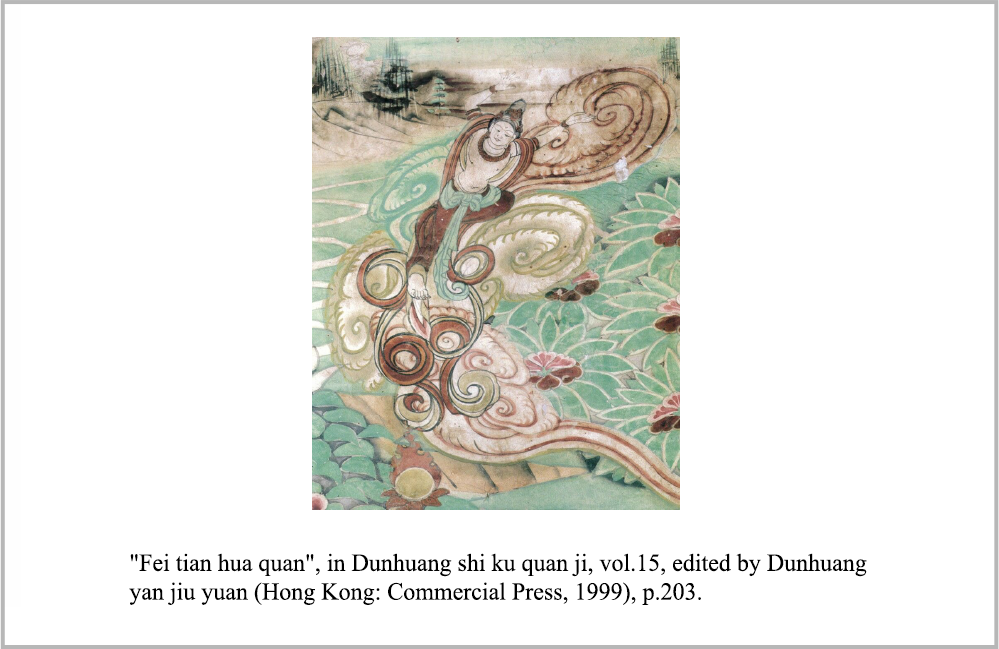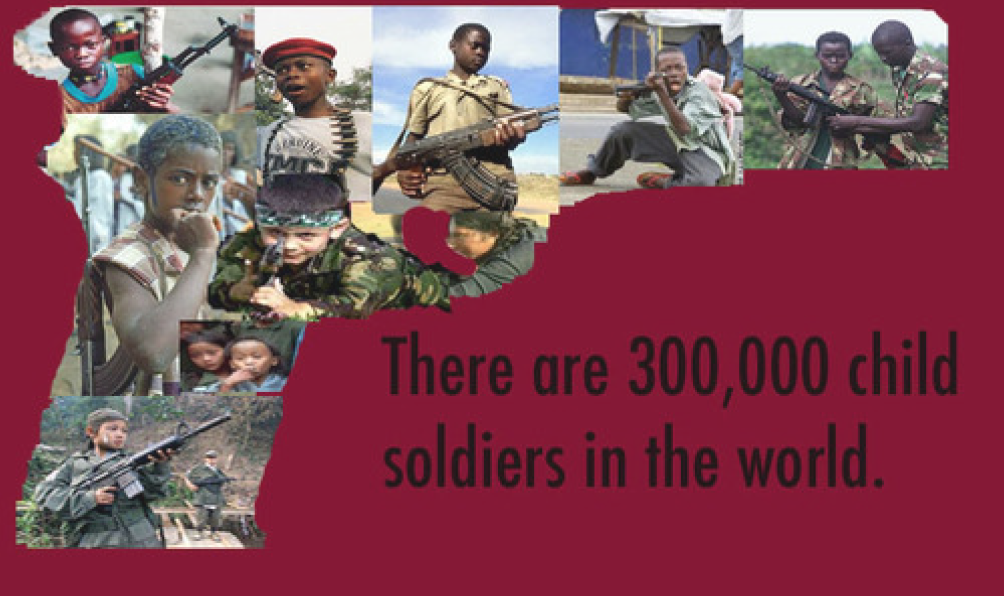Islamic banks are not allowed to obtain/pay interest, why?
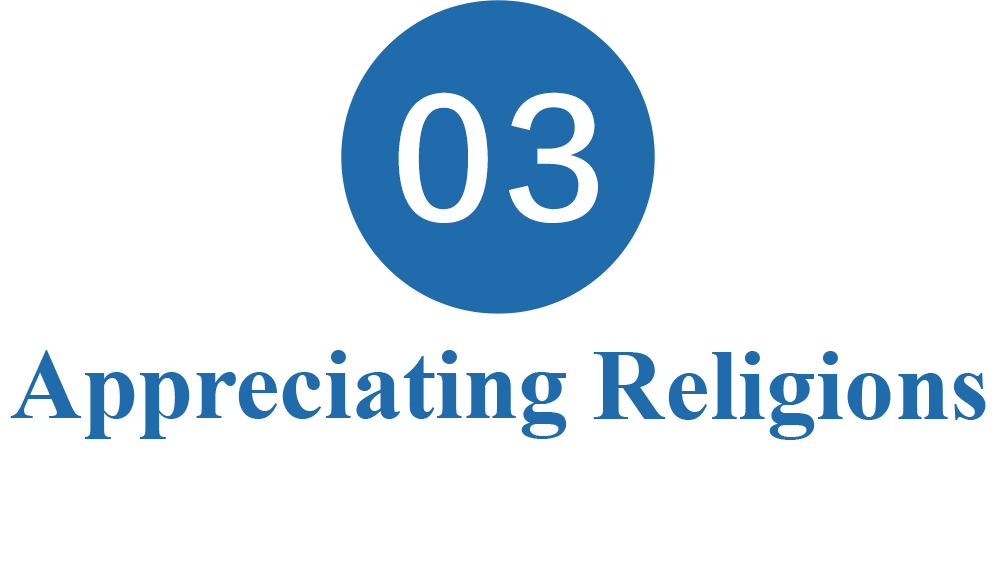
| 3.1 | Paintings of Flying Spirits |
| 3.2 | Global Ethics: 2 Principles & 4 Directives |
| 3.1 | Paintings of Flying Spirits |

| Note the artistic features in the pictures, associate them with various religious traditions. |
|
Islam believes in the existence of angels and this belief is a part of the six Articles of Faith. Angels are spirits created by Allah (God); they are responsible for assisting Allah's ruling and performing tasks on behalf of God. According to some scholars, there are different types of angels in Islam. The angel on the left with a pair of wings and blowing a horn on the clouds is called Israfl. According to the Qu'ran, Israfl is the angel responsible for blowing the horn to signal Judgement Day. When he blows the horn for the first time, all life-forms apart from Allah will lose consciousness. At the second time, all humankind will line up and wait for their judgement. |
|
“For he will command his angels concerning you to guard you in all your ways" (Psalm 91:11). Christians believe that angels are spirits created by God. They stand before God, praising Him in heaven and performing tasks for Him. The angel on the left side shares some similar features with the one above. Both have a pair of wings and are blowing a horn in the sky. However, the angel on the left is wearing a owing robe with calves visible. The angel also differs from the Islamic one with his long blonde curls, large eyes and tall nose. His facial features and clothing resemble those of Westerners. The picture on the left re ects how most people usually depict angels in Christianity (including Roman Catholic). |
|
In ancient China, people often sought for eternal life and longed to enter another celestial realm. Through alchemy and other body cultivations, they hoped their souls could depart from their bodies after death and fly to the skies as immortal. The picture on the left is a relief found in a late South Song dynasty cliff tomb located on a hillside in Yongchuan District, Chongqing. On the relief is carved a Yuren, a celestial gure from Chinese mythologies. It seems like the Yuren on the carving is so light that it is drifting away from the mortal world. This reflects how the ancient Chinese longed to become an immortal flying spirit after they died. |
|
In Buddhism, there are Six Realms in Samsara. Deva (God Realm) is one of the Six Realms, in which nobody lives but bodhisattva. Through practicing Ten Good Deeds (no killing, no stealing, no adultery, no foul-mouthed, no gossip, no lying, no idle speech, no attachment, no aversion, no delusion), we can escape from the other five realms and enter into Deva. The picture on the left is a Chinese Bodhisattva flying towards the sky. The bodhisattva, wrapped with a shawl and kneeling on its side, shows features of oriental people such as small, long eyes and a relatively flat nose. The picture reflects people's desire to become Bodhisattva. Like Bodhisattva, people longed to leave the mortal world and enter the heavenly place where lotus flowers blossom. |
The above angels/flying spirits from different religions all reflect a shared desire of human beings.
What is it? Can you give an example?
| 3.2 | Global Ethics:2 Principles & 4 Directives |
In the 1990s, the world's major religious bodies joined several parliaments1,and there was a consensus among the religions which can be the basis for a global ethic -- 2 Principles
& 4 Directives.
1Several meetings of the Parliament of the World's Religions have taken place. In these meetings, there were over 200 representatives from different religious groups of the world. The Parliament convened in Chicago and Cape Town, South Africa in 1993 and 1999 respectively. A document, "Towards a Global Ethic: An Initial Declaration", was drafted and followed by Global Ethics Foundations in many cities. For more information, please visit the following web-site:
http://www.global-ethic-now.de/index-eng.php。
| 3.2 | Global Ethics:2 Principles & 4 Directives |

| 3.2 | Global Ethics:2 Principles & 4 Directives |

- What are the issues being discussed?
- According to principle/directive xxx, are the following situations moral or not? Why?
- What can we do to improve the situation?
| Apart from being forced to participate in battles, these child soldiers are often used as spies, couriers, cooks or janitors. Girls are also forced to be sex slaves. The main reason for armed groups to use underage soldiers is that they can be easily manipulated. Furthermore, they consume less food and are free labour. They have little knowledge of what lies ahead in the battle lines and are the first ones to be killed. |
- What are the issues being discussed?
- According to principle/directive xxx, are the following situations moral or not? Why?
- What can we do to improve the situation?
| The above turtle was caught in a plastic bottle ring when it was small. The ring was so tight that the turtle's body was forced to grow in a distorted way. According to researchers, there are over five trillion pieces of plastic garbage floating in the world's oceans, and over millions of marine animals are going to be caught in them. |
- What are the issues being discussed?
- According to principle/directive xxx, are the following situations moral or not? Why?
- What can we do to improve the situation?
| Before we entered the millennium (Year 2000), several non-governmental organizations urged developed countries to exempt the 100 billion unpaid debt of the 35 poorest countries in the world. The debt was unpayable as the returning terms directly paralyzed their public healthcare and education systems. A report also stated that some government of officials of the less developed countries accepted bribes and signed the unfavourable loaning terms on behalf of their countries. |
- What are the issues being discussed?
- According to principle/directive xxx, are the following situations moral or not? Why?
- What can we do to improve the situation?
| A team of experts studying the growth of embryos experimented using gene programming technology to shut down several genes in a systematic way. 120 unused in vitro embryos, donated for scientifc purposes, were used in the experiments. Once the gene programming technology of embryos becomes more mature, it will be inevitable that embryos in the future are going to be genetically modifed in order to avoid genetic diseases. Some people are against this as it will create “designer babies." |
- What are the issues being discussed?
- According to principle/directive xxx, are the following situations moral or not? Why?
- What can we do to improve the situation?
| Below are some situations faced by humankind, some of which are almost impossible to solve. Below are some religious beliefs. Which beliefs correspond to which problems? Try matching both sides. |
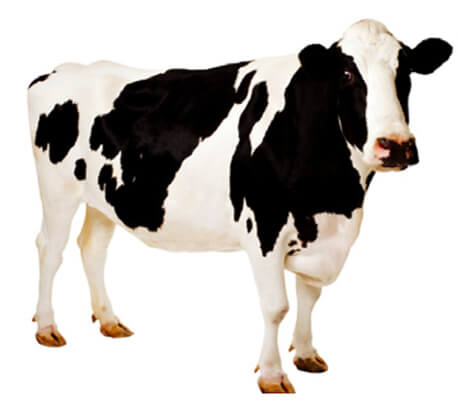




| Jubilee in Judaism: According to the Hebrew Bible, every 49 years is a Jubilee. During the Jubilee, all lost property can be redeemed; all slaves shall be released. Although this is no longer practiced during Jubilee in modern day Israel, the spirit of Jubilee could be seen in the Drop the Debt Movement during 2000. |
| Fasting: Buddhism discourages killing living things. Furthermore, they encourage fasting as it helps people to have more self-control and to reflect upon themselves. In addition to Buddhism, fasting is also a part of other religions, for example Lent in Christianity and Ramadan in Islam. |
| Loaning money for interest are not allowed in Islam. Islamic banks adopt a profit-and-loss sharing scheme with its clients. Also, they can only collect profits when both sides mutually consent to it. |
| Jainism believes that we should not kill any living things, and that we should not use violence to solve problems. |
| The purpose of having religious festivals is to celebrate and rest. In Judaism, the Sabbath starts at dusk on Friday and ends at dusk on Saturday. For Christians, Easter is celebrated on Sunday to remember the resurrection of Jesus. |
| Do you know? |

Answer:Yes, banks cannot obtain nor pay interest to their clients in the Islamic world.
Muslims believe that the only method to earn more money is to work harder. Money should not be used to make more money. Therefore, collecting / paying interest, gambling, speculation, or usury are forbidden in Islamic regions as they imply reaping without sowing.Money deposited in Islamic banks are not seen as deposits. Instead they are seen as shares of the bank. The "interest" that depositors gained is actually bonus shares and when depositors withdraw money from the bank, the deposits are regarded as selling their shares back to the bank.
| Do you know? |

Are Jains strict vegetarians?
Answer:Followers of Jainism are strict vegetarians.
Jainism is one of the oldest religions in ancient India, and it has its own philosophies. Jains believe that all life forms can be separated into different hierarchies. Plants belong to the lowest hierarchy, as they only have the sense of touch. Despite being the lowest, plants are still considered to have life and therefore should not be harmed.In real life however, it is difficult to not harm anything. To solve this problem, Jains have found a way to reduce damage to the lowest. For example, they will only eat fruits and crops that have fallen or are almost falling to the ground, as they are technically already "dead". Only through being a vegetarian can you comply with the anti-violent nature of Jainism. In addition, they only consume enough food for mere survival, and they aim to control their inborn desires.
- The content of faith: Through observing how people of different religions imagine what flying spirits look like, we can see that our concern for religion extends to the outer world.
- The dynamic between religion and social ethics: for example, on certain subjects, religion seems to be a braking force to the advancement of our society. On the other hand, religion is beneficial to us as it halts humankind from accepting new technology that we are not yet ready to accept.
- After this chapter, what can you conclude about the relationship between religion and morality?
- Can our society survive without morality and religion?
- What is/are the function(s) of religion to the human race and society?
 HOME
HOME
